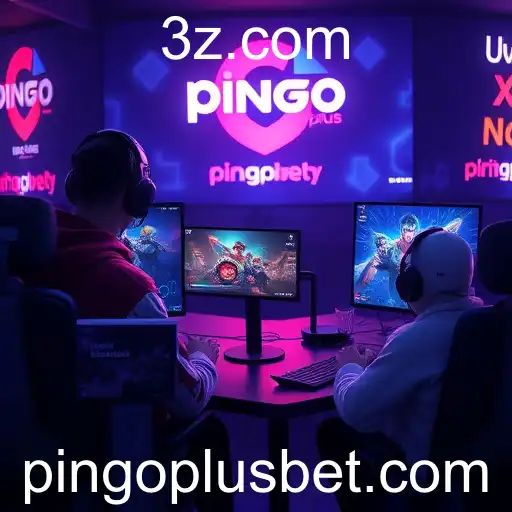
In recent years, the landscape of gaming has dramatically transformed, with platforms like Pingoplus leading the charge into a new era of digital entertainment. As we approach the midpoint of the 2020s, online gaming has become a nexus of interaction, collaboration, and innovation, continually evolving to meet the expectations of a diverse global audience.
Pingoplus, a prominent English-language game website, has seen significant growth, drawing millions of users with its engaging interface and wide array of games. From strategic puzzles to action-packed esports, the platform caters to a broad range of interests, fostering a vibrant community of players from around the world. Its success is partly due to the seamless integration of user feedback, which helps shape the development of new features and games.
The rise of esports has been another pivotal aspect of Pingoplus's offerings. Tournaments and competitive events have become a staple, with players competing for prestige and substantial prizes. This surge in popularity is indicative of a societal shift towards embracing gaming as a legitimate and respected form of entertainment, akin to traditional sports.
Moreover, the integration of virtual reality (VR) technology has added a new dimension to the gaming experience on platforms like Pingoplus. By providing immersive environments, VR is transforming how players interact with games, creating opportunities for more realistic and engaging gameplay. As VR technology continues to advance, its adoption within the gaming community is expected to grow, presenting new challenges and opportunities for developers.
As we witness these dynamic changes, it is clear that the potential of online gaming platforms is vast. Companies like Pingoplus are not just adapting to trends; they are setting them, continuously pushing the boundaries of what gaming can be. The intersection of technology, community, and creativity fosters an environment ripe with innovation, promising an exciting future for gamers everywhere. Discussions around this evolution have sparked various debates, from the implications of technological dependency to the positive community-building aspects of online interactions.
In conclusion, the current trajectory of online gaming suggests a future full of possibility. With platforms such as Pingoplus at the forefront, the gaming industry stands as a testament to the enduring capability of humans to innovate and entertain. As we continue to explore the boundaries of virtual engagement, one can only anticipate the next revolutionary change in this ever-evolving domain.


